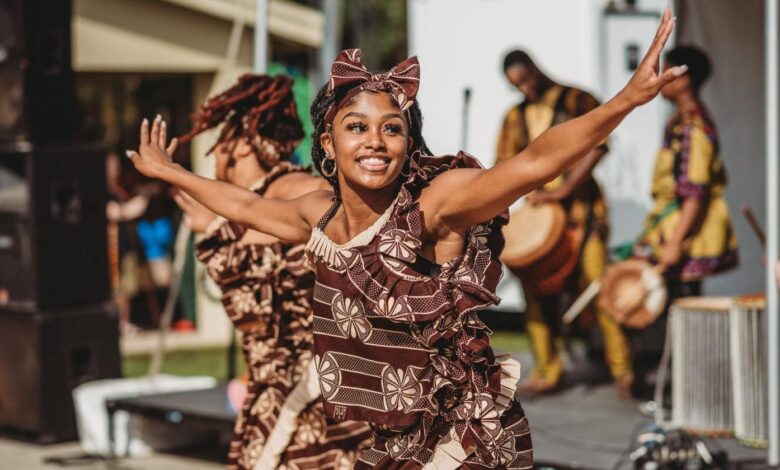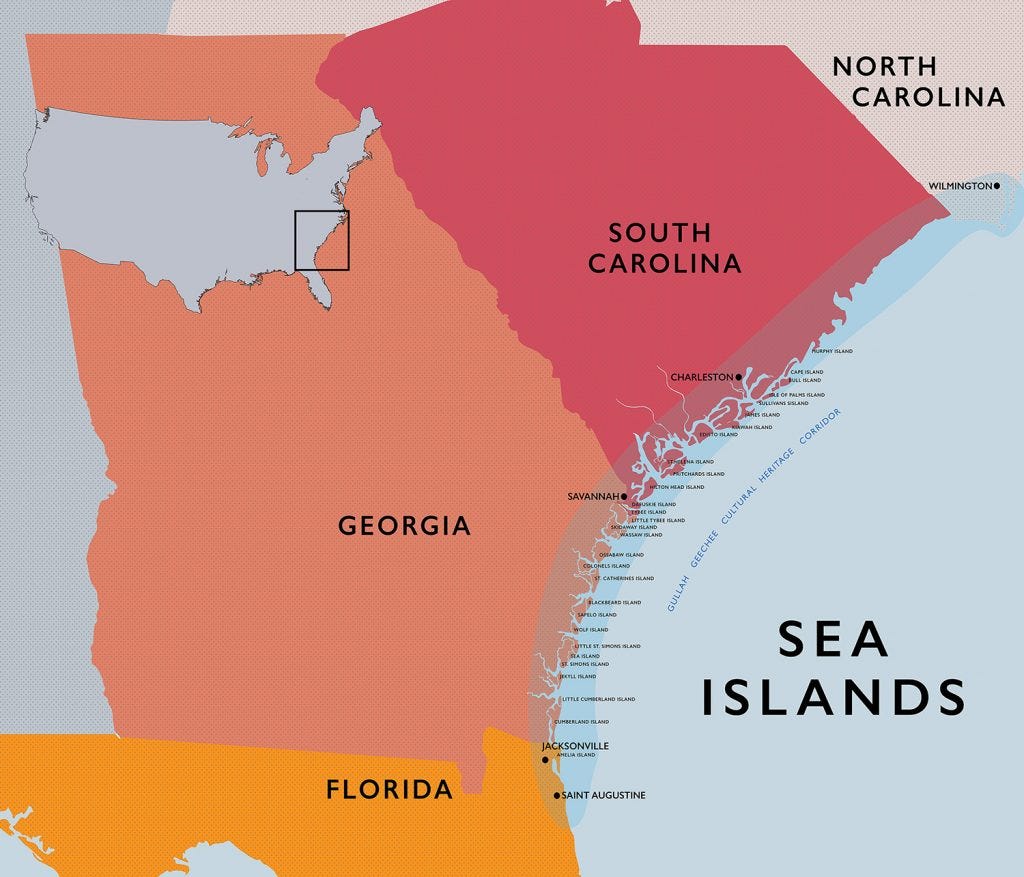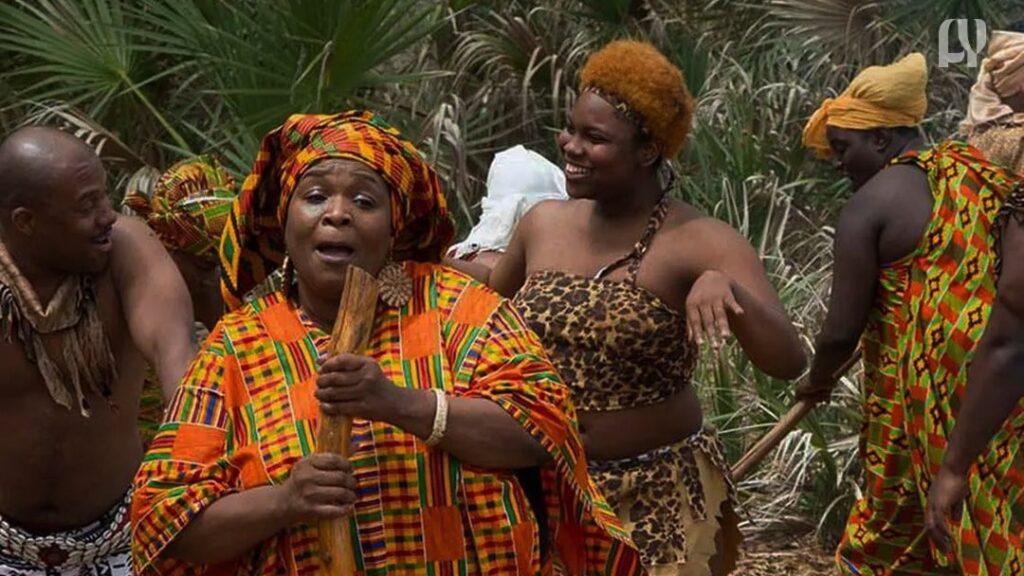How to Know If You Are Gullah Geechee

The question of how to know if you are Gullah Geechee is one that touches deeply on identity, memory, and the enduring strength of African heritage in the American South. For many African Americans, especially those with family roots in coastal South Carolina, Georgia, Florida, or North Carolina, exploring Gullah Geechee ancestry is not just about genetics—it’s about discovering a story of resilience, creativity, and cultural preservation that has survived centuries.
This guide is written to help you understand what it means to be Gullah Geechee, how to identify cultural and genealogical clues in your family history, and how to respectfully connect with the living communities that carry this remarkable heritage forward.
What Does “Gullah Geechee” Mean?
The term Gullah Geechee refers to a unique African American cultural group descended primarily from enslaved Africans brought to the Sea Islands and coastal Lowcountry regions of the southeastern United States.
- The word “Gullah” is commonly used in South Carolina, particularly around the Charleston and Beaufort areas.
- “Geechee” is more often heard in coastal Georgia and northern Florida.
Together, the term “Gullah Geechee” honors both identities as part of one continuous cultural tradition stretching from Wilmington, North Carolina, down to Jacksonville, Florida—a region officially designated as the Gullah Geechee Cultural Heritage Corridor by the U.S. Congress in 2006.
The people who make up this community have preserved many elements of West and Central African traditions, adapted to their new environment and fused with European and Native American influences.
The Origins and History of the Gullah Geechee People

During the transatlantic slave trade, planters in the 1700s deliberately imported Africans from rice-growing regions such as Sierra Leone, Senegal, Gambia, and Angola. Their agricultural expertise was essential to cultivating rice, indigo, and cotton on the humid, mosquito-ridden coastal plantations of the Lowcountry.
Because these plantations were relatively isolated, enslaved Africans retained more of their languages, spiritual practices, and cultural systems than in most other parts of the United States. Over generations, these blended traditions evolved into the Gullah Geechee culture—distinct in its speech, spirituality, and sense of community.
After Emancipation, many Gullah Geechee families remained on the Sea Islands, forming tight-knit, land-owning communities. Today, descendants continue to live in areas such as:
- Hilton Head Island, SC
- St. Helena Island, SC
- Sapelo Island, GA
- St. Simons Island, GA
- Amelia Island, FL
These communities remain living testaments to a heritage that never lost its rhythm.
Cultural Traits and Traditions That Might Indicate Gullah Geechee Heritage
If you suspect Gullah Geechee ancestry, look for patterns in family stories, foodways, crafts, or even the rhythm of language.
Language, Food, and Crafts
- Language: The Gullah language (also called Gullah Creole) blends English with African linguistic patterns. It’s a living language with phrases like “De chillun done gone” (The children have gone). If your elders spoke with this melodic coastal dialect, it may be a clue.
- Food: Classic dishes such as red rice, okra soup, shrimp and grits, gumbo, rice perloo, and benne (sesame) wafers all trace their roots to Gullah Geechee culinary traditions.
- Crafts: Skills like sweetgrass basket weaving, net making, and quilting are passed down through generations and remain powerful cultural symbols.
- Faith: Spirituals, ring shouts, and praise house worship reflect a deep connection to African rhythms and communal expression.
Common Surnames and Regional Family Patterns
Certain surnames have long histories in Gullah Geechee regions—often connected to particular plantations or islands. While not definitive proof, names such as Brown, Jenkins, Fields, Fripp, Heyward, Smalls, Greene, or Singleton often appear in Gullah records.
If your family lineage connects to Beaufort County (SC), McIntosh County (GA), or the Sea Islands, it’s worth deeper exploration.
Family History and Genealogical Clues
To understand how to know if you are Gullah Geechee, start where all genealogy begins—your own family stories.
Step 1: Talk to Your Elders
Ask your grandparents, parents, or older relatives about where your ancestors lived, especially before or right after the Civil War. Note any mentions of:
- Coastal islands or towns (e.g., St. Helena, Daufuskie, Sapelo, Brunswick, or Beaufort)
- Family names connected to plantations or old farms
- Traditional foods, songs, or spiritual customs
Step 2: Search Census and Freedmen’s Bureau Records
Look into post-1865 U.S. census data for coastal South Carolina and Georgia. The Freedmen’s Bureau archives contain labor contracts, marriage records, and letters that can identify ancestors by name.
Step 3: Check Church and Cemetery Records
Faith communities were central to Gullah Geechee life. Records from African Methodist Episcopal (AME) or Baptist churches in Lowcountry counties may hold key information.

How to Research and Confirm Gullah Geechee Ancestry
DNA Testing and Ancestry Databases
DNA testing can offer valuable insight, especially when combined with documented genealogy. While no test can label you directly as “Gullah Geechee,” ethnicity estimates may show ties to:
- Sierra Leone
- Senegal or Gambia
- Angola
- Congo
Services like AncestryDNA, 23andMe, and AfricanAncestry.com can help identify regions that align with Gullah Geechee origins. Pair your results with historical research for a fuller picture.
Community Organizations and Archives to Contact
Connecting with Gullah Geechee institutions allows you to access authentic, community-led resources. Consider reaching out to:
- Gullah Geechee Cultural Heritage Corridor Commission
- Penn Center (St. Helena Island, SC)
- Sapelo Island Cultural and Revitalization Society (SICARS)
- Geechee Kunda (Riceboro, GA)
- South Carolina Department of Archives and History
These organizations often host genealogical workshops, oral history projects, and heritage tours.
Respecting and Preserving Gullah Geechee Culture
Exploring your ancestry comes with responsibility. The Gullah Geechee people have faced land loss, cultural appropriation, and economic displacement. If you discover a connection, approach it with respect and humility.
Ways to honor your roots include:
- Visiting cultural sites with permission and supporting local guides or historians.
- Purchasing authentic crafts directly from Gullah Geechee artisans.
- Learning basic Gullah phrases or songs from community-approved sources.
- Educating others about the richness of Gullah culture beyond tourism stereotypes.
Remember: this culture is not a relic—it’s alive, breathing, and evolving.
🕊️ Conclusion: Embracing Your Gullah Geechee Roots
Understanding how to know if you are Gullah Geechee is ultimately about listening—to your elders, your family stories, and the whispers of history that still echo through the marshlands of the Lowcountry.
Whether you confirm your ancestry through DNA, oral history, or shared traditions, being Gullah Geechee is more than heritage—it’s a living expression of endurance, community, and creativity that continues to shape American culture today.
By honoring and preserving this legacy, you help ensure that the songs, languages, and stories of the Gullah Geechee people remain vibrant for generations to come.
🧾 Frequently Asked Questions (FAQ)
1. Is Gullah Geechee the same as African American?
Not exactly. All Gullah Geechee people are African American, but not all African Americans are Gullah Geechee. The Gullah Geechee community is a distinct cultural group within the African American diaspora, known for preserving strong African linguistic and cultural traditions unique to the coastal South.
2. Can DNA tests prove Gullah Geechee ancestry?
DNA tests cannot specifically label someone as “Gullah Geechee,” but they can show regional connections to West and Central Africa—particularly Sierra Leone, Senegal, and Angola. Combining DNA data with genealogical research and family oral history provides the best evidence.
3. What are some signs that my family may be Gullah Geechee?
Signs include family roots in coastal South Carolina or Georgia, use of Gullah Creole expressions, traditional dishes like red rice or okra soup, and crafts such as sweetgrass baskets. Ancestral surnames common to the Sea Islands may also be indicators.
4. Where do most Gullah Geechee communities live today?
Gullah Geechee communities remain concentrated along the Gullah Geechee Cultural Heritage Corridor, from Wilmington, North Carolina, to Jacksonville, Florida—especially on islands like St. Helena, Sapelo, and Hilton Head.
5. How can I connect with Gullah Geechee cultural groups?
Attend cultural festivals such as the Gullah Festival (Beaufort, SC) or Sapelo Island Cultural Day, visit heritage centers like Geechee Kunda, or engage online with community-led organizations preserving language and history.
6. How can I respectfully honor Gullah Geechee culture if I’m not part of it?
Learn, listen, and support without claiming ownership. Promote accurate history, support artisans, and visit the corridor responsibly—your respect helps keep this living heritage thriving.






